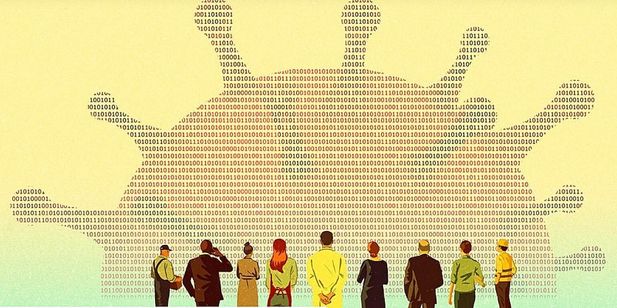Lessons for post-pandemic governance and institutional strengthening
- Location
- Hybrid Event, Muirhead - Room 121
- Dates
- Thursday 24 March 2022 (12:00-13:30)
 A row of people standing in front of a low setting sun
A row of people standing in front of a low setting sun
The COVID-19 pandemic (and various climate related events) has underscored varied lack of preparedness by governments in both developed and developing countries to respond to emergencies.
However, the response to COVID-19 over the past two years have also highlighted some good practices and innovations in institutional capacity and arrangements to respond to emergencies (eg in increasing use of technology for service delivery, public finance and working remotely). The pandemic exposed some cracks in coordination at the centre of government, interagency coordination, and multi-level government coordination and, in some cases, impacted citizens’ trust in government. The pandemic also significantly disrupted the fiscal plans of governments as they had to radically adjust their fiscal plans to be able to respond to the crisis. Evidence from across rich and poor countries suggest significant varying fiscal space and capacity to respond to the crisis.
It is certain that COVID-19 is unlikely to be the last crises that governments will confront and added to this, is the crisis of climate change and others. Using examples and evidence from some countries in Africa and Asia, the seminar will discuss questions such as: What are the lessons from the COVID-19 pandemic for governance and institutional reforms? How could the lessons learned improve government resilience and future preparedness for pandemic and emergencies such as COVID-19 and climate change? How could governments (re)build trust with their citizens?
Speaker's Bio:
Dr George Addo Larbi is currently Lead Public Sector/Governance Specialist at the World Bank. Prior to that he was Practice Manager for Governance for 11 countries in East and West Africa, and then in World Bank’s Equitable Growth, Finance, and Institutions Practice Group in East Asia and South Asia Regions, where he led and managed staff, analytical and advisory work and operations in public sector governance and financial management in selected countries.
Before joining the World Bank in 2006, Dr Larbi was a Senior Lecturer at the International Development Department, the School of Public Policy, University of Birmingham. He has published several articles, books, and reports on public sector governance issues and spoken at various international conferences and seminars. His publications include: World Bank (2014) Kenya Governance and Political Economy for Results (Report # AUS7152); World Bank (2011) Governance of service delivery in the urban water sector (Report # 58778-NG); Koranteng, R.O and Larbi, G.A. (2008). ‘Policy Networks: Politics and decentralization policies in Ghana’, Public Administration and Development, 28 (3): 212-222. Larbi, G.A. and Y. Bangura (2006). Public Sector Reforms in Developing Countries: Capacity Challenges to Improve Public Services (Palgrave Macmillan). Batley, R. and Larbi, G.A. (2004). The Changing Role of Government: Reform of Public Services in Developing Countries (Palgrave Macmillan).
George holds a PhD in Public Policy/Development Administration from University of Birmingham, UK.
The IDD Guest Seminar Series brings scholars and practitioners working on international development to the University of Birmingham to share their latest research and ideas. All seminars are open to staff, students, and the general public. For details of other upcoming seminars please visit IDD's Eventbrite page and follow us on twitter @iddbirmingham. Speakers will present for 45 minutes, followed by 45 minutes for audience Q&A.
This will be a hybrid event. You can either join us online(zoom link will be sent after registration). Or meet us in Room MUIR-121 (Muirhead Tower) at the University of Birmingham. Please see the campus map for directions.
This free event is open to all - staff, students, key stakeholders and members of the public.